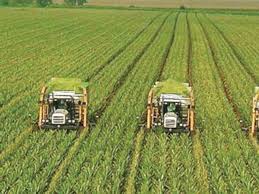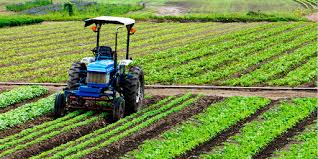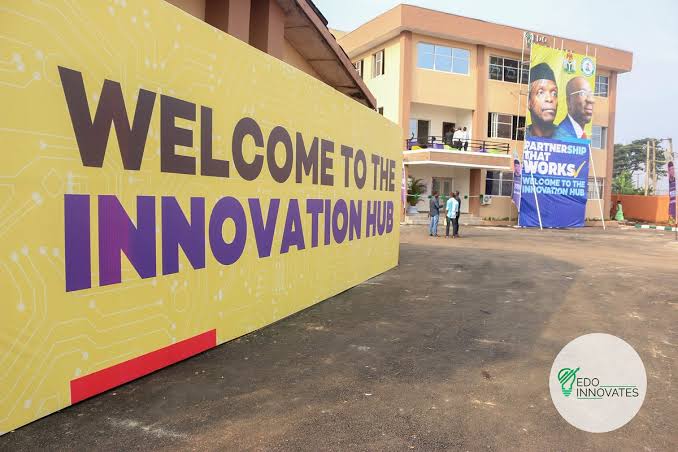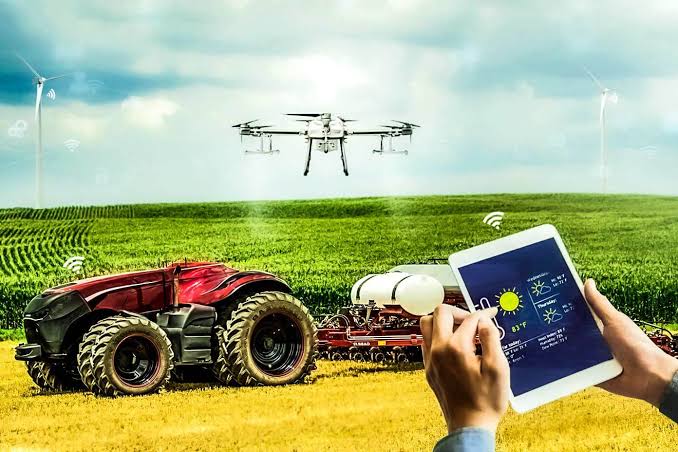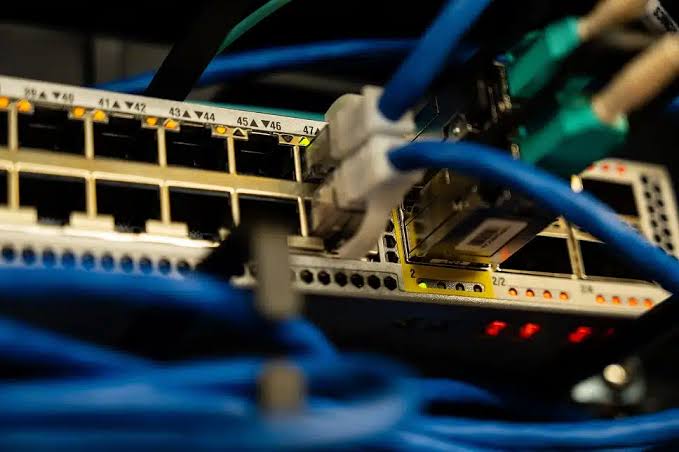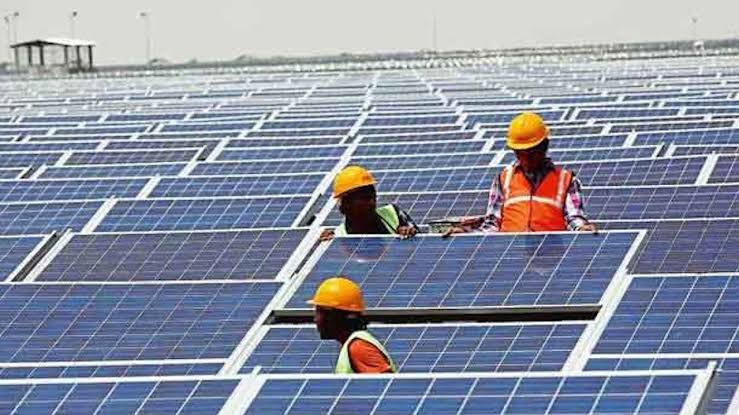Afemai Technology

Description
The technology landscape in the Afemai region of Edo State, Nigeria, encompasses traditional practices, local innovations, and emerging technological advancements. The regionís technological profile reflects a blend of historical methods and contemporary developments aimed at enhancing productivity and improving quality of life.
Traditional Technologies
Afemai technology traditionally includes methods and tools used in agriculture, crafts, and daily life. These technologies are often based on indigenous knowledge and practices:
Agricultural Tools: Traditional farming tools such as hoes, machetes, and plows are used in subsistence farming. These tools are adapted to local conditions and crops.
Craftsmanship: The region is known for its traditional crafts, including pottery and weaving. Techniques in pottery involve manual shaping and firing methods, while weaving uses handlooms for producing textiles.
Agricultural Innovations
In recent years, there have been efforts to introduce modern agricultural technologies to improve productivity and efficiency:
Improved Crop Varieties: Adoption of high-yield and disease-resistant crop varieties, such as improved cassava and maize, helps boost agricultural output.
Irrigation Systems: Implementation of small-scale irrigation systems has been introduced to manage water resources more effectively and extend the growing season for crops.
Processing Technologies: Local innovations in processing technologies, such as mechanized cassava processing units and palm oil mills, have enhanced the value-added production of agricultural products.
Information and Communication Technology (ICT)
The integration of ICT in Afemai is growing, although it remains limited compared to more urbanized regions:
Mobile Technology: Mobile phones are increasingly used for communication, market information, and financial transactions. Mobile banking and digital payment systems are becoming more common.
Internet Access: Internet connectivity is expanding, providing access to online resources, educational materials, and e-commerce platforms. However, infrastructure and connectivity issues can still be a barrier.
Education and Skill Development
Efforts to improve technology adoption in Afemai include educational programs and training initiatives:
Vocational Training: Institutions and NGOs offer vocational training programs to equip individuals with skills in areas such as computer literacy, digital marketing, and technical trades.
Educational Institutions: Local educational institutions, including secondary schools and polytechnics, are increasingly incorporating technology into their curricula to prepare students for the digital economy.
Challenges
The adoption of modern technology in Afemai faces several challenges:
Infrastructure: Limited infrastructure, such as unreliable power supply and poor road networks, affects the deployment and use of technology.
Access and Affordability: Access to modern technology and the internet can be limited, and the cost of technology can be prohibitive for some individuals and businesses.
Skill Gaps: There is a need for more comprehensive training and education to build digital literacy and technical skills among the population.
Opportunities
Opportunities for advancing technology in Afemai include:
Government and NGO Initiatives: Support from government programs and non-governmental organizations focused on rural development and technology can help improve access and infrastructure.
Innovation Hubs: Establishing innovation hubs and technology centers can foster local innovation and provide resources for technology adoption and entrepreneurship.
Partnerships: Collaborations with private sector companies and educational institutions can drive technological advancements and skill development.
References
Egharevba, E. (2019). *Technological Innovations and Development in Rural Nigeria: The Case of Afemai*. Benin City: Edo State University Press.
Idris, M.A. (2020). "Agricultural and Technological Advancements in Afemai," *Journal of Nigerian Rural Technology*, 7(1), pp. 34-49.
Osezua, E. (2018). *ICT and Rural Development in Nigeria: Focus on Afemai*. Ibadan: Nigerian Technology Review Press.

Related Content
Join The Edo State Digital Library
The Edo State Digital Library is a global network of researchers, archivists that is open to anyone with interest in documenting Edo State's history. There are many ways to contribute to the archive: as an individual or as an institution looking to share its content online, as a professional archivist, as a history researcher, or as someone with a love for cultural heritage. You may join as a:
.png)
.png)
